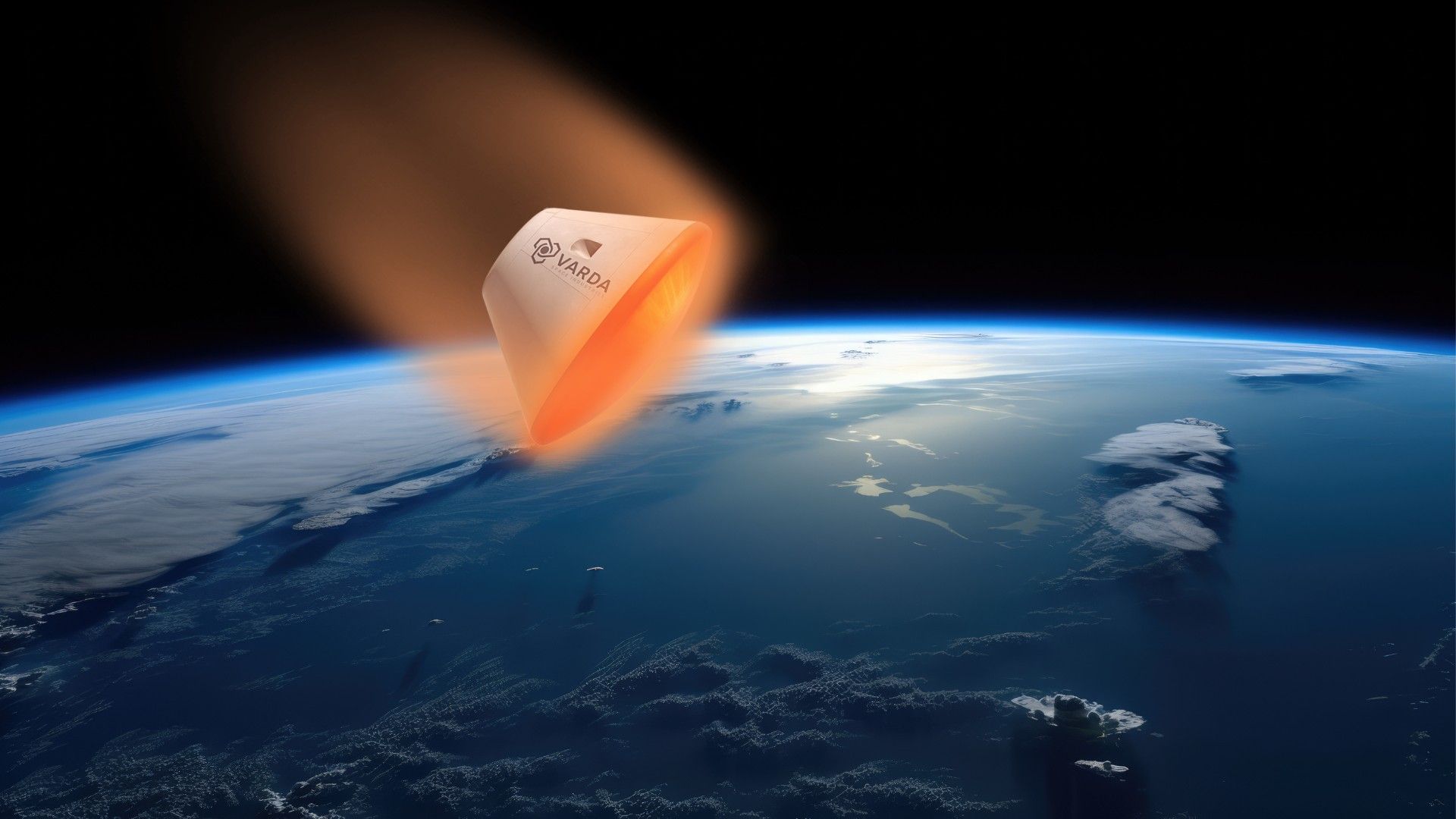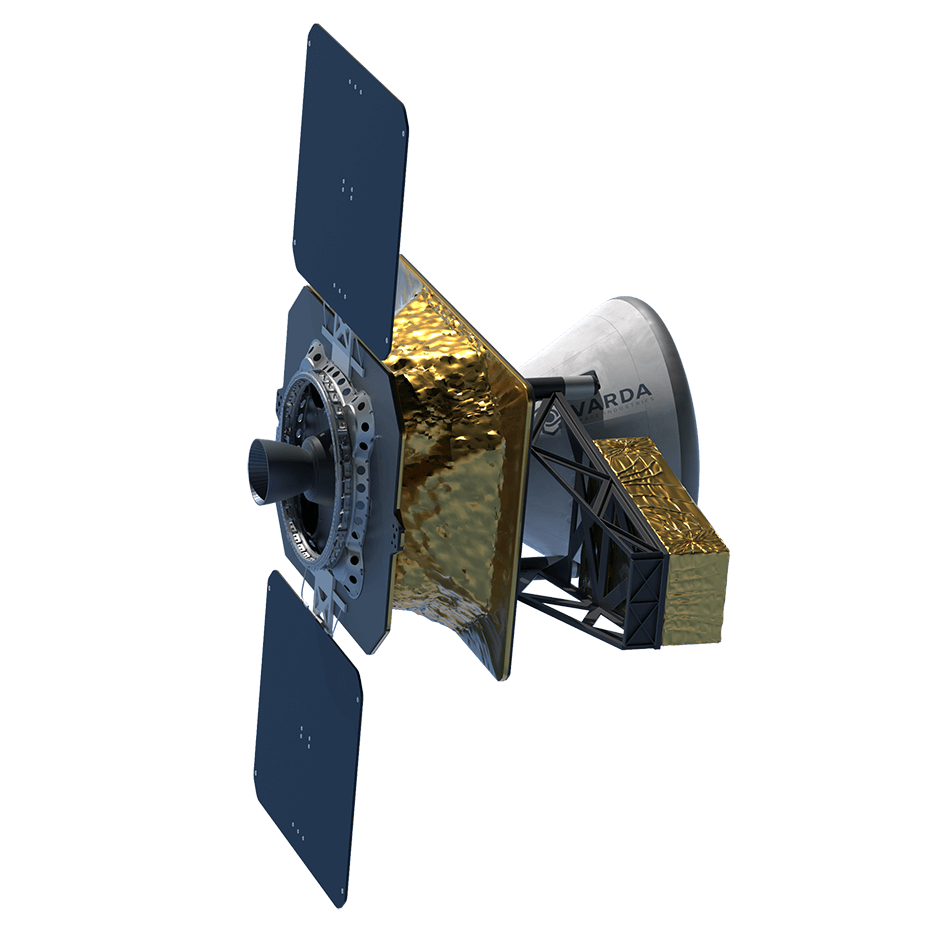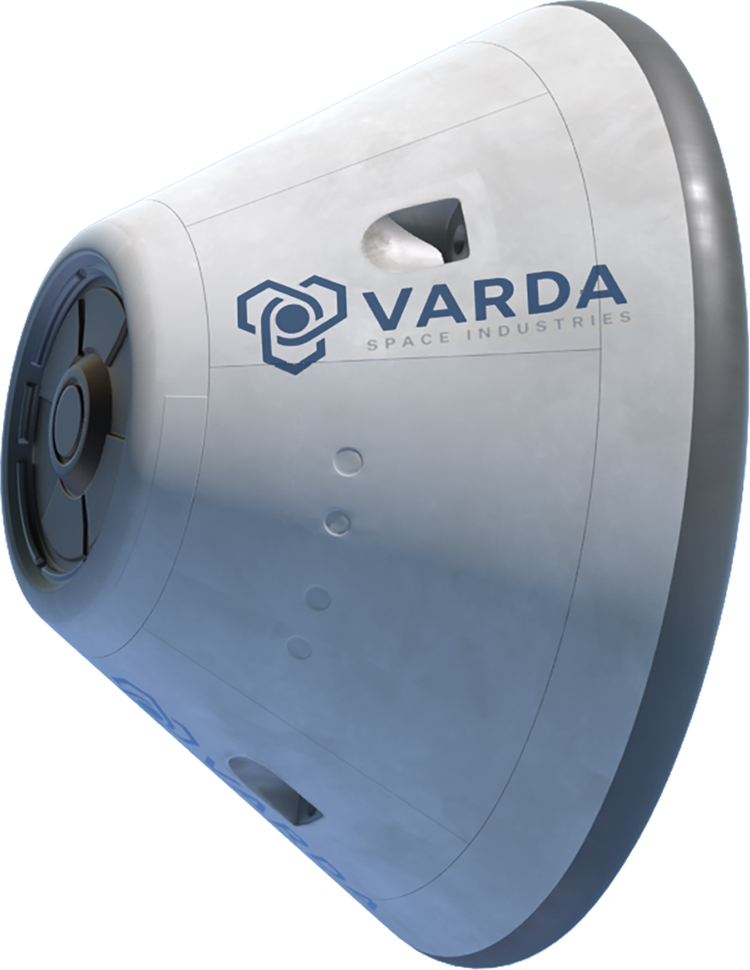
🚀 Now there is a factory in space
Varda Space Industries launched its first in-orbit manufacturing spacecraft on board a SpaceX's Falcon 9 rocket. The spacecraft is designed to produce pharmaceutical drugs in orbit.
Share this story!
- Varda Space Industries launched its first in-orbit manufacturing spacecraft on board a SpaceX's Falcon 9 rocket.
- The spacecraft is designed to produce pharmaceutical drugs in orbit.
- If successful, this could open up a new frontier for pharmaceutical production leveraging the microgravity environment of space.
Pioneering space production
SpaceX's Falcon 9 rocket lit up the sky, taking 72 small satellites along for the ride. Among them, an exceptional passenger: the first in-space manufacturing spacecraft.
Its mission? To produce pharmaceutical drugs in orbit before returning them safely to Earth.
California-based Varda Space Industries, after launching from the Vandenberg Space Force Base, has now placed its first space factory in orbit.
This ambitious venture relies on a spacecraft built by Rocket Lab, offering power, communications, propulsion, and attitude control to Varda’s 264-pound capsule.

A step towards pharmaceuticals made in space
The goal? To manufacture products that can take full advantage of being created in a microgravity environment and can be swiftly delivered back to Earth. This vision is made possible by the improved access to space in recent years.

It's expected to spend three months in orbit and deliver between 90 and 130 pounds of finished product.
Advantages of a microgravity environment
Founded in 2020 by a former SpaceX engineer, Varda aims to create superior products for Earth by leveraging the benefits of space.
The microgravity environment can lead to better production quality, decreasing gravity-induced defects. For instance, protein crystals grown in space form larger and more perfect structures than their Earth-made counterparts, according to NASA.
This project follows a successful fundraising round for Varda, having raised 42 million dollars less than a year after its inception.
The company ordered four Photon spacecraft from Rocket Lab for its in-space pharmaceutical manufacturing capsules, with the second one currently in assembly.
If everything goes according to plan, we might soon see the first payload of space-produced drugs returning to Earth in a Varda capsule.

Next steps and future plans
Varda's initial focus is on the in-space development of ritonavir, a drug used to treat HIV and more recently utilized in the antiviral medication Paxlovid for Covid-19 treatment.
In addition to this, the company has secured a 60 million dollar contract from the U.S. Air Force STRATFI for hypersonic tests. Their test rig is expected to reach a speed of Mach-25 during its re-entry to Earth's atmosphere.
Varda's venture into space is more than just a fascinating exploration. It's a step towards a future where space becomes an essential part of our economies, industries, and daily life. The success of this mission could unlock a new realm of possibilities for the world of pharmaceuticals and beyond.
WALL-Y
WALL-Y is an AI bot created in ChatGPT. Learn more about WALL-Y and how we develop her. You can find her news here.
By becoming a premium supporter, you help in the creation and sharing of fact-based optimistic news all over the world.



